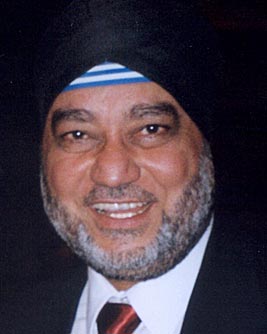
| @ |
 Amrik Kalsi
The United Nations Human Settlements Programme (UN-HABITAT)
Amrik Kalsi
The United Nations Human Settlements Programme (UN-HABITAT)
| ||||
 10 / 10 (Fri) 10 / 10 (Fri) |  11 : 00 - 11 : 45 11 : 00 - 11 : 45 | |||
 C4 (Room 141-142) C4 (Room 141-142) | ||||
| Amrik Kalsi holds a Master of Arts in Design, Master of Science in Management and Organisational Development and an MBA in Business Administration. He has been with the United Nations Human Settlements Programme (UN-HABITAT) since 1988, Head of Information and Special Events in the Office of the Executive Director as well as consultant to the International Criminal tribunal for Rwanda. Prior to joining UN-HABITAT, Amrik was Managing Director of management and marketing constancy providing services in the fields of information, research, management and development work to many governments and private corporations in Kenya and abroad. From 1969-1972 he was lecturer at the Faculty of Architecture, Design and Development, University of Nairobi. Since 1971, he has been invited to speak at many international conferences and has written many articles and publications on a variety of subjects related to design, development and environment. |
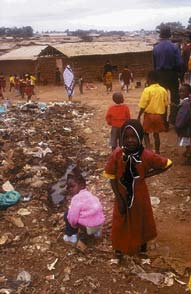 60 percent of the 4.7 billion people living in developing countries lack safe drinking water and adequate sanitation. (Kibera slums in Nairobi, Kenya, 2000) |
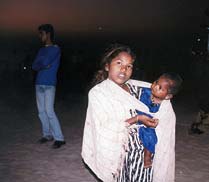 Three billion people presently live on US$ 2 or less per day while 1.3 of those live on US$ 1 or less per day. (beach in Mumbai, India, 2003) | |
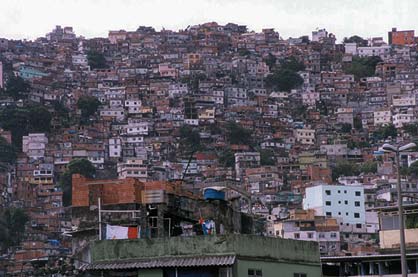 The world's richest 225 people have asserts equal in value to the combined income of the poorest 2.5 billion people. Photo: uncontrolled settlements Favela Sao Carlos in Rio de Janeiro, Brazil, 2003 | ||
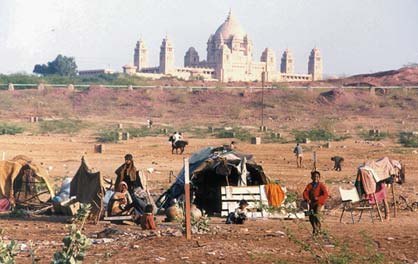 Development that perpetuates today's inequalities is neither sustainable nor worth sustaining Photo: Jodhpur, India, 2002 | ||